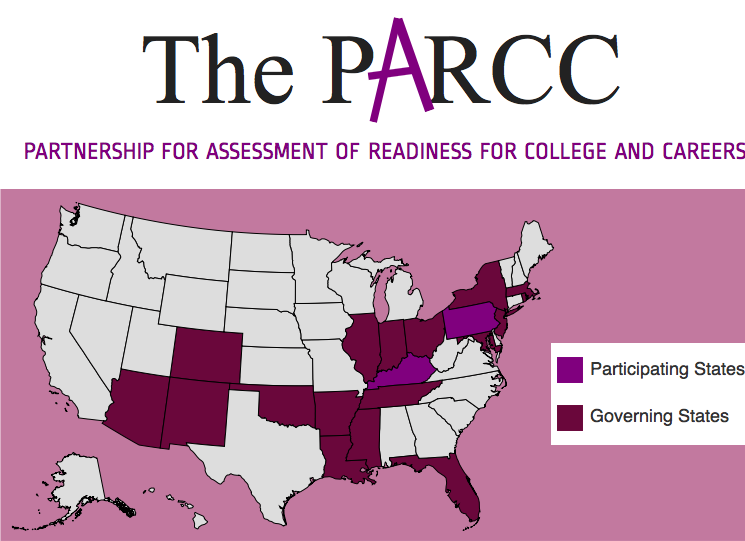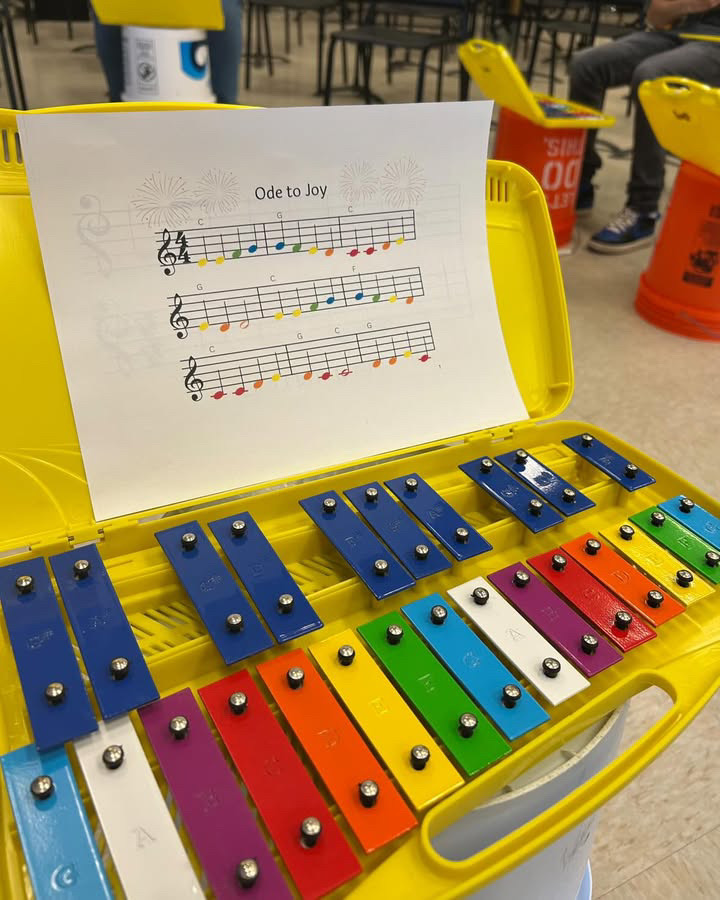A Day in the Life of a student taking PARCC
June 9, 2016
Standardized tests. Every year, there seems to be an increasing number of hours spent sitting in a silent, lifeless room answering repetitive and unnecessary questions. Taking PARCC test was no different.
The Partnership for Assessments of Readiness for College and Careers (PARCC) is a group of assessments used by 11 different states to test students learning the Common Core curriculum, which is being implemented in public schools in those states. This year, Whitman students in Algebra 1 and English 10 classes, myself included, took PARCC assessments with two days allotted for the tests in each subject.
Before the test began, test proctors told us that we were taking the PARCC in its trial stages; thus, the county only required us to complete the test, not receive a passing score. There was no incentive to try on the test, so we all rushed through the questions and sat with nothing to do but sleep, doodle or write notes to friends.
A ridiculous amount of time was wasted and the test itself was riddled with format issues.
Three “units,” or sections, made up the English PARCC. Each unit was scheduled to take 90 to 100 minutes, with extended time automatically built into each one. Additionally, students taking the test were sorted into testing groups by teacher and class period. Everyone had to wait for the rest of their group to finish before moving on. Due to this frustrating and time-consuming aspect of the test, if one person hadn’t completely finished a unit, the whole class had to wait.
The units stretched on and on, and the test ran two hours late. We missed multiple class periods and lunch, leaving us with additional tests and classwork to make up. Hours that could’ve been spent in the classroom were taken away, all for a test that ultimately won’t affect grades, and likely will most likely be useless to testmakers because of the insincerity of student’s answers.
The test format should be made more efficient by letting students move on to a section once they have finished the previous one, allott less time for each section and only give extended time to people who need it. This will waste less time, allowing for less time to be taken away from classes.
Next year, students in Algebra 1 and English 10 classes will be required to not only take the PARCC, but also get a passing score to graduate. While the graduation requirement may provide an incentive, making the test a faster pace will waste less time, which can only benefit students and teachers.
No matter how much we complain, standardized tests won’t go away. However, since the PARCC test will continue to be a requirement and more class times will be taken away, testmakers should at least take into consideration the concerns of students and teachers to make the test worthwhile.










